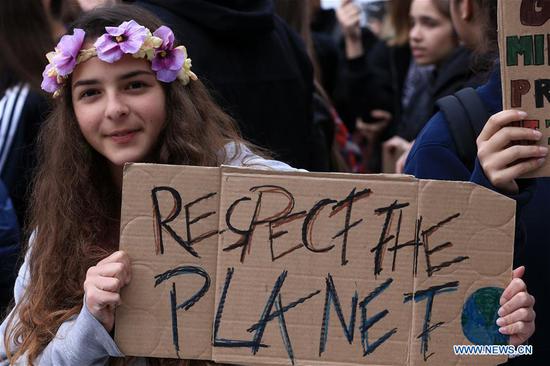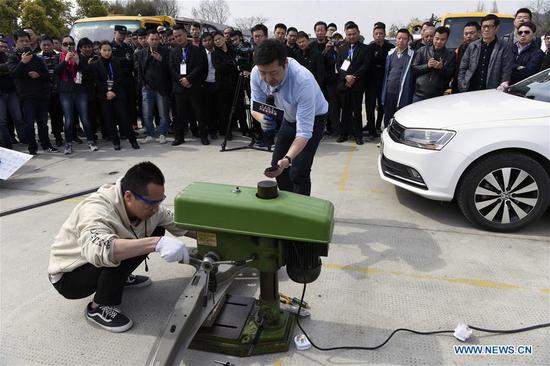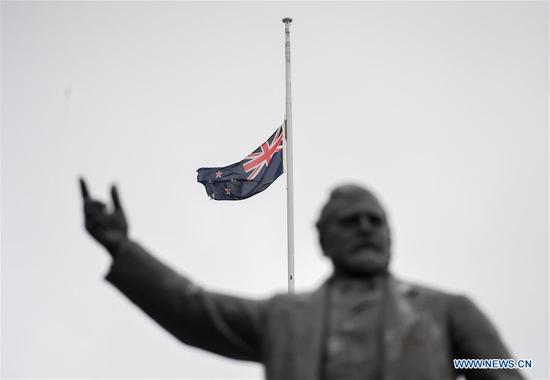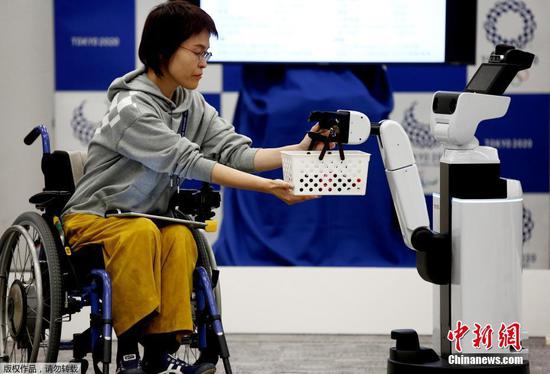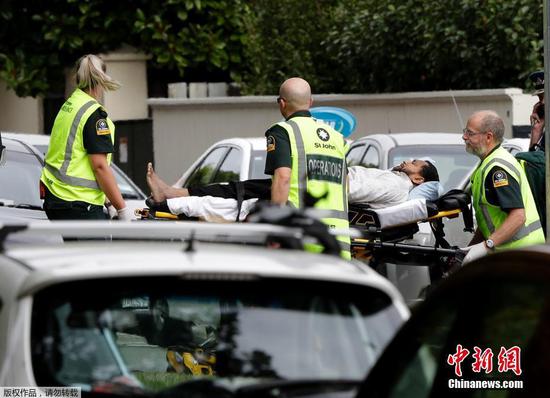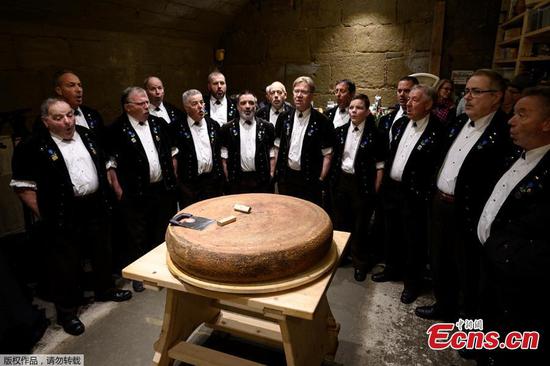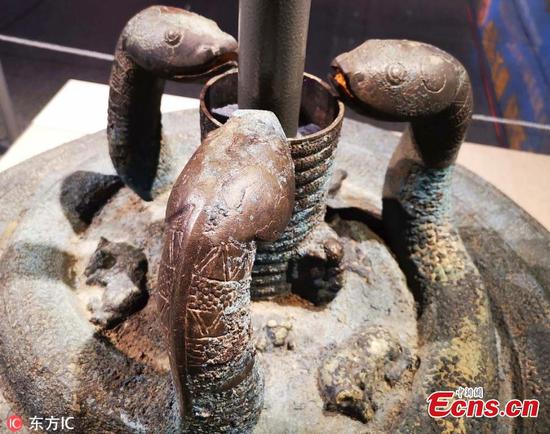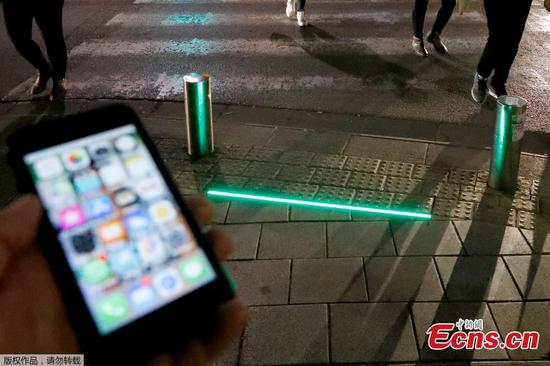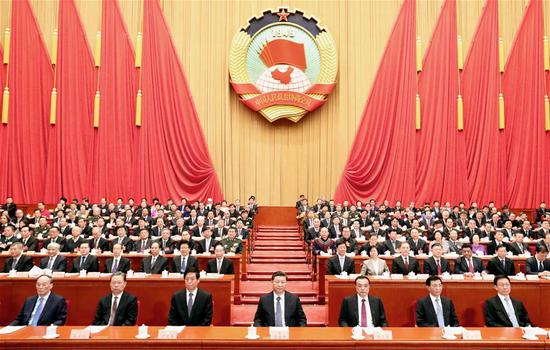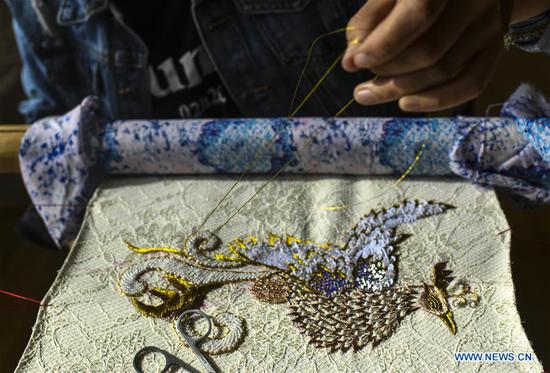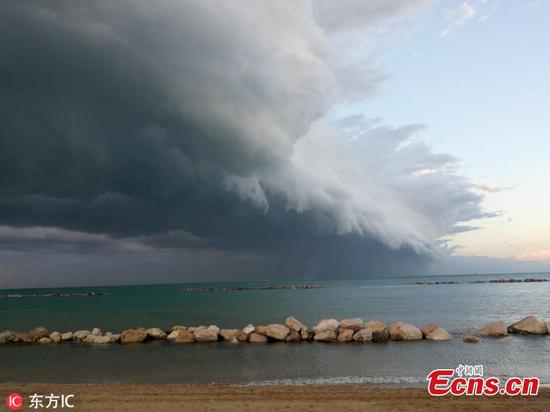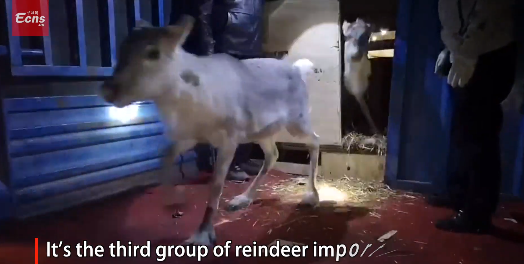The idea of British people taking part in the European Elections in May hardly bears thinking about, Prime Minister Theresa May said Sunday in her latest bid to win support for her Brexit deal.
MPs are set to return to Westminster Monday to learn whether they will have the chance on Tuesday or Wednesday to vote for the third time on May's deal.
May mapped out the various routes ahead in an article in the Sunday Telegraph newspaper spelling out the consequences of turning down a deal that was rejected by a 230 margin in its first vote and by 149 in its second.
After a number of MPs switch sides to back her deal in last week's second vote, May said she knows she will have to do more to convince more Conservative MPs as well as the 10 Democratic Unionist Party (DUP) MPs if she is to succeed in finally securing a majority for the Brexit deal.
May said if the British Parliament can agree the deal before the European Council on March 21, Britain will seek to delay its planned March 29 departure from the EU to enable legislation to be passed.
She said: "The alternative if Parliament cannot agree the deal by that time is much worse. EU leaders would require a clear purpose for any extension. If the proposal were to go back to square one and negotiate a new deal, that would mean a much longer extension, almost certainly requiring Britain United Kingdom to participate in the European Parliament elections in May.
"The idea of the British people going to the polls to elect MEPs three years after voting to leave the EU hardly bears thinking about. There could be no more potent symbol of Parliament's collective political failure," said May.
In a message to MPs May said: "For those who backed remain, I am asking them to remove any chance of the UK staying in the EU. For those who backed leave, I am asking them to vote for a form of Brexit that may not be everything they hoped for."
The prime minister warned: "If we fail, the way ahead is one of uncertainty and ongoing, perhaps permanent, division."
Although Tuesday has been earmarked as the day when the third vote on the deal will take place, it has yet to be confirmed.
Chancellor of the Exchequer Philip Hammond said on a Sunday morning political program on the BBC that it has not yet definitely been decided.
"We will only bring the deal back if we are confident that enough of our colleagues and the DUP are prepared to support it so we can get it through Parliament," he said.
Hammond added: "Clearly if we don't get this deal through, we are almost certainly going to have to fight a European parliamentary election and we are almost certainly going to have to have a longer extension."
Keir Starmer, Shadow Brexit Secretary for the main opposition Labour Party, said Sunday the party leadership plans to back an amendment when May's deal comes before parliament for its third vote. The amendment would call for a second referendum on EU membership, even though a referendum call was overwhelmingly rejected last week by the House of Commons.
Britain is currently scheduled by its own parliamentary legislation to leave the EU on March 29 unless it is replaced by an alternative legal measure. Enditem










